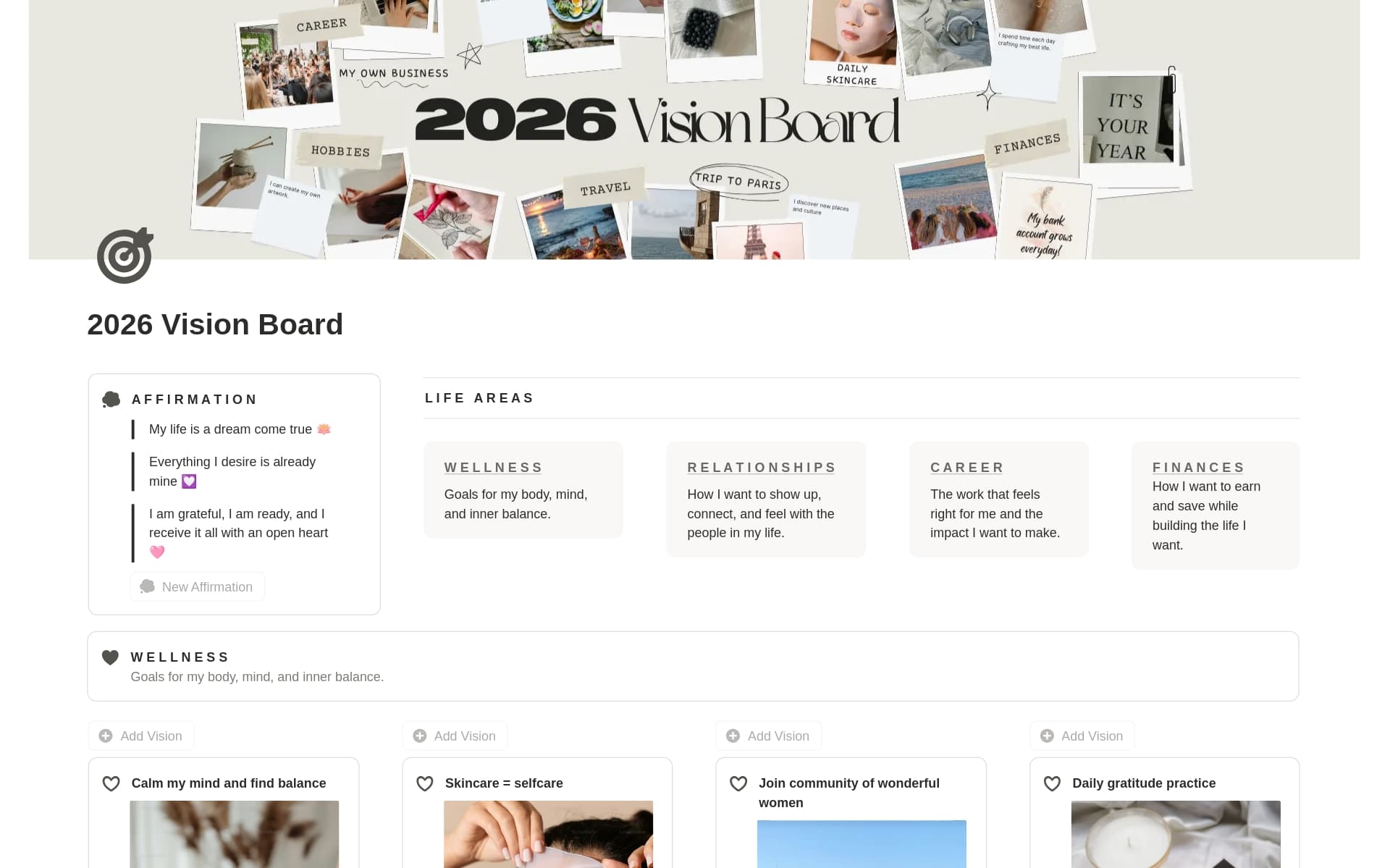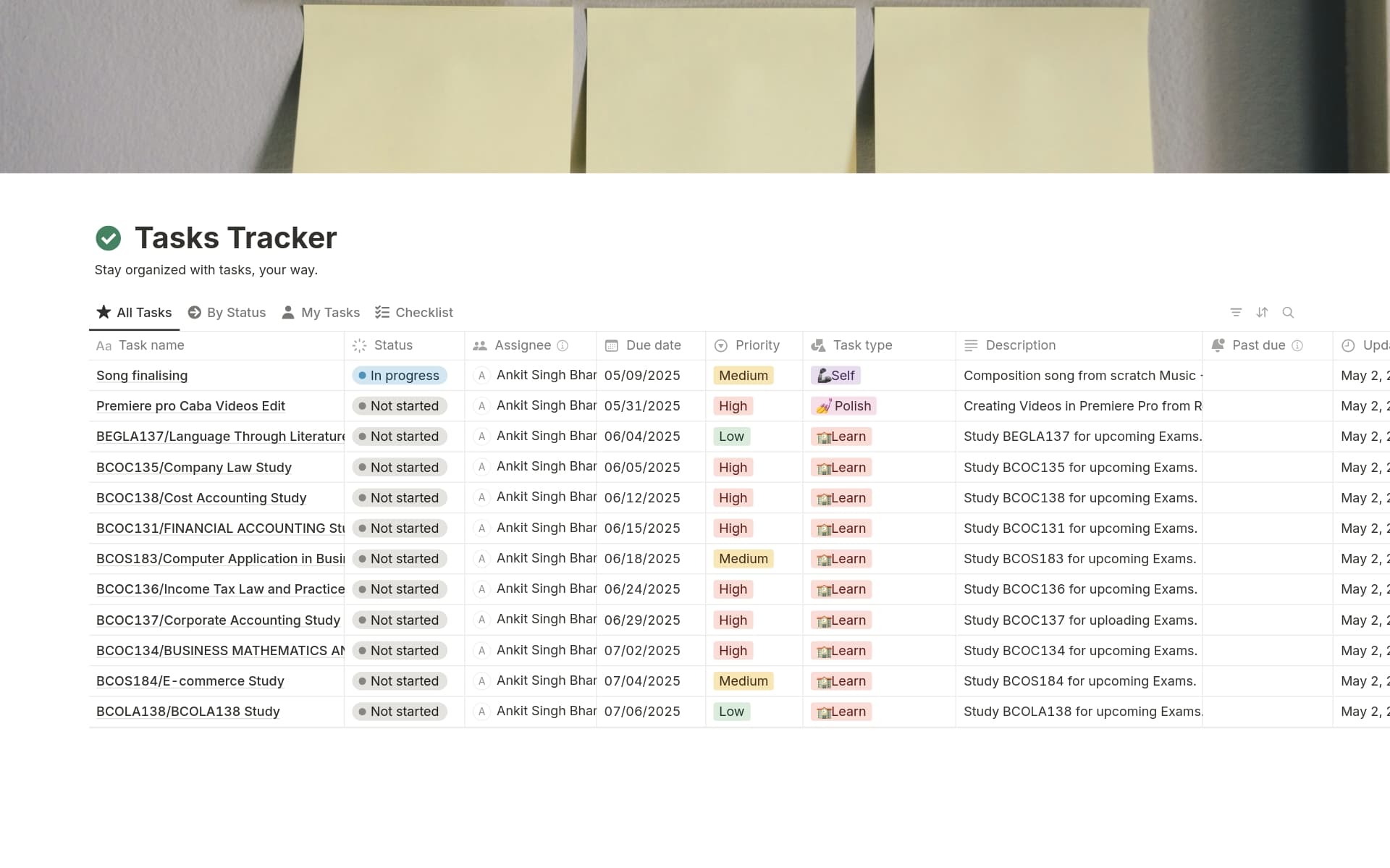For Social Media Managers, managing content efficiently is indispensable for maintaining a consistent and engaging online presence. An editorial calendar simplifies this process by offering a structured approach to planning, creating, reviewing, and publishing content across different platforms. By leveraging a Notion Editorial Calendar template, managers can streamline their workflow, ensuring each piece of content is timely, targeted, and aligned with broader marketing objectives. Before diving into crafting your own Editorial Calendar, explore the following Notion templates to facilitate the process.
What Should Editorial Calendar Templates Include?
Choosing the right editorial calendar template can streamline your social media management by keeping your content organized and your publishing schedule on track. Here are key components to look for:
Content Repository: A good template should include a section where you can store ideas, links, and research. This helps in planning and prevents last-minute content creation scrambles.
Scheduling Interface: Look for a template that offers a clear and easy-to-navigate scheduling interface. This should display posts by day, week, and month to give you an overview of your content pipeline.
Progress Tracking: It's crucial to have features that allow you to track the status of each post, from idea to publication. This helps in ensuring that no task falls through the cracks.
Collaboration Tools: If you work as part of a team, your template should include options for sharing and collaboration, such as commenting and task assignment.
Ultimately, the best template is one that fits seamlessly into your workflow and enhances your team's efficiency and communication.
What Should Editorial Calendar Templates Avoid?
Choosing the right editorial calendar template is crucial for streamlining your social media management. However, not all templates are created equal. Here are three key components to steer clear of:
Overly Complex Features: Avoid templates with complicated features that you won't use. They can make the template cumbersome and slow down your workflow.
Non-Customizable Layouts: Templates that don't allow customization can limit your ability to tailor the calendar to your specific needs. Flexibility is key in a dynamic field like social media.
Lack of Integration Options: Ensure the template can integrate seamlessly with other tools you use. A template that stands alone might not be as effective.
Remember, the best template is one that fits seamlessly into your existing processes and enhances your productivity without adding unnecessary complexity.




